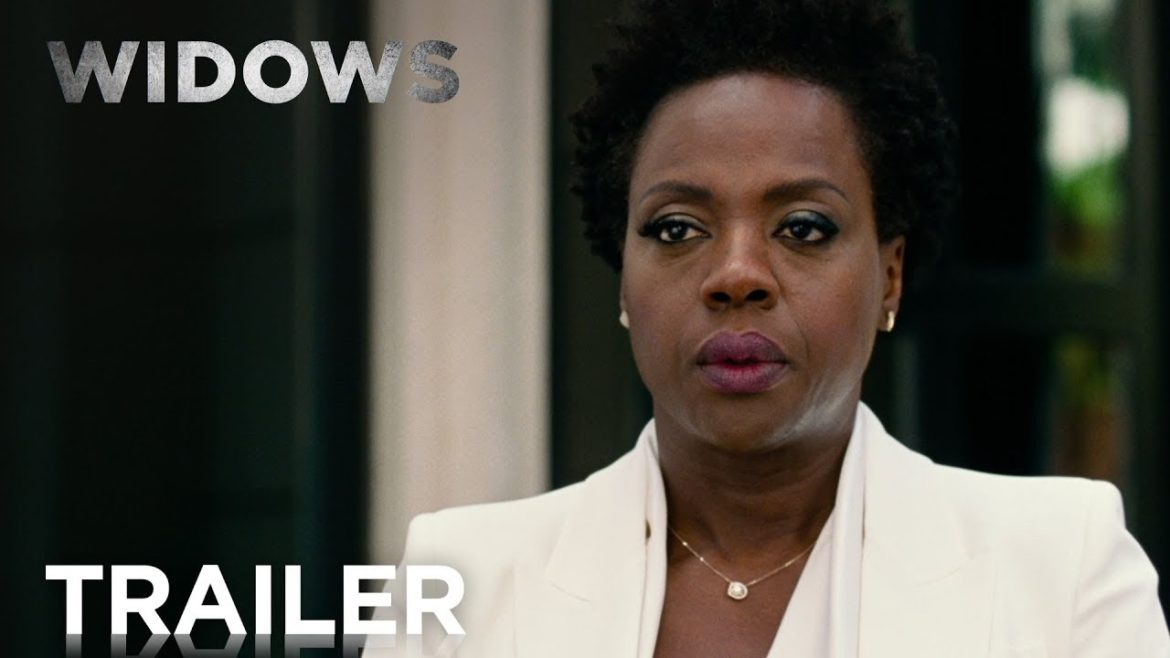TL;DR
The movie *Widows* follows women forced to finish a heist after their husbands die, but the reviewer found it underwhelming. Issues include typecast casting for the lead actresses, making their transition to robbers less convincing, and a narrative that hero-worships flawed deceased characters. Despite aiming for empowered women, the film felt cynical, and the direction and screenwriting were seen as clumsy, failing to build tension. While the movie itself disappointed, the UHD/Blu-ray release is praised for its stunning visual and audio quality, almost making up for the film's shortcomings. Discover if the stellar presentation can redeem this heist flick!
Widows centers on the aftermath of a failed heist that results in the deaths of all four perpetrators. Their widows are subsequently compelled to execute their own plan to repay their husbands’ debts incurred from the failed operation. Strangers to one another, these women must now collaborate to ensure their survival.
My experience with Widows proved underwhelming. Several aspects of the film presented challenges, notably the casting choices for the principal characters. While each actress—Viola Davis, Elizabeth Debicki, and Michelle Rodriguez—possesses considerable talent, their previous roles have arguably typecast them. Davis and Debicki have portrayed antagonists in major productions such as Suicide Squad and Guardians of the Galaxy Volume 2, respectively, while Rodriguez is known for her tough characters in films including Resident Evil, Avatar, and the Fast and the Furious franchise. Consequently, their transition from “ordinary” individuals to accomplished robbers lacks a certain degree of surprise or believability.
The narrative intends for the audience to sympathize with the deceased robbers. However, their introduction is fleeting, with their demise occurring within the first few minutes, followed by fragmented appearances in flashbacks. Despite their flaws, the film seemingly elevates them to heroic status. An incongruous scene involves Viola Davis’s character criticizing Elizabeth Debicki’s character for engaging in a sexual relationship shortly after her husband’s death. Given that her husband was abusive, this criticism seems particularly unwarranted. Widows purports to be a story of empowered women, but this facade quickly crumbles upon closer inspection, revealing a somewhat cynical portrayal of female characters.
Widows is an adaptation of a 1983 British television series of the same name, which, like many viewers, I have not seen. It is reasonable to assume that the film’s narrative elements, including its central twist, are derived from the original series. Unfortunately, the film’s attempts at building tension are undermined by what I perceived as clumsy direction and screenwriting. The lack of investment in the central characters further detracted from the experience. What had the potential to be a suspenseful and gripping film ultimately falls short of its mark.
The supplementary material praises Steve McQueen’s “innovative” direction of Widows. However, his stylistic choices appear derivative of other filmmakers who have executed similar techniques more effectively, such as Alfonso Cuarón in the exceptional film Children of Men. Even the presence of accomplished actors like Robert Duvall and Colin Farrell cannot salvage the film.
In contrast to the film itself, the UHD and Blu-ray release offers a significantly improved experience. The visual presentation is exceptional, boasting deep blacks and vibrant, clear colors. The 4K version’s support for HDR10+ delivers impressive results. The audio quality is also commendable, reaching the maximum potential of Blu-ray. The UHD edition benefits from Dolby Atmos, which, along with DTS:X, has become a standard feature in modern, high-resolution, object-based audio formats. The LFE (low-frequency effects) are substantial, and the immersive surround effects, such as passing vehicles, enhance the overall presence. The release also includes a nearly hour-long documentary on the making of the film, though it is largely comprised of self-congratulatory content.
In conclusion, while Widows did not resonate with me, it features some commendable performances. Coupled with the exceptional quality of the UHD edition, the overall rating is not entirely negative.
